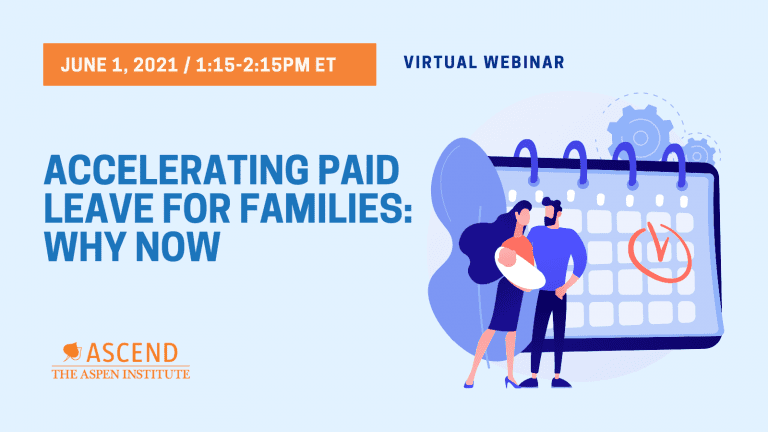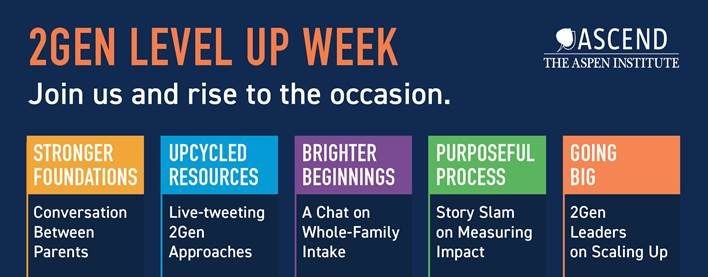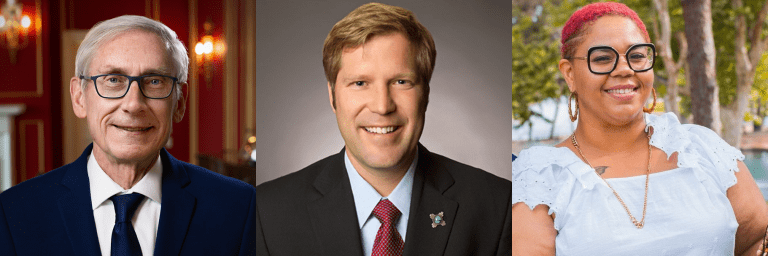Webinar: The Importance of Cultural Competence in 2Gen Programs
Cultural competence is a set of behaviors, attitudes, approaches, and policies that come together and enable systems and agencies to work effectively in cross-cultural situations. Ascend is committed to applying an intersectional lens – across race, class, and gender – to how organizations serve families in a two-generation way. In this webinar, The Importance of Cultural Competency in 2Gen Programs, three leaders from Network Partner organizations shared how they have assessed their programs and policies for inequities across race and gender, and they highlighted how they have worked with staff to strengthen cultural competency. The organizations featured in the webinar offered snapshots of how they have identified opportunities to support culturally-competent staff and build understanding of the unique needs of their families.
The speakers included:
- Ernie Cathcart, Cultural Competency Specialist, Wellspring Family Services
- Georgia Thompson, Director, Affiliate Network and Training Institute, National Black Child Development Institute
- Wonda Winkler, Executive Vice President, The Brighton Center
From among the many interesting questions posed during the webinar, a few were particularly compelling. We followed up with Ernie, Wonda, and Georgia to answer the following question:
Earlier we discussed the impact of implicit bias, as well as having conversations within agencies about racial equity— In your organizations, how have those conversations gone? How was discomfort/minimization/healing addressed?
Ernie: Here at Wellsprings our CCC has sponsored annual trainings on stereotypes and microaggressions, and in those trainings we covered issues regarding implicit biases as well. I also facilitated conversations on implicit bias for some of our departments. The conversations often go well. I found that to make these conversations most relevant was to help staff apply how stereotypes, implicit bias, and white privilege can impact their service to clients, as well as how they work together as a team on behalf of clients. Another way to engage staff in conversations around topics such as implicit bias and white privilege is to have them read articles on the topic and then discuss how it may impact them as practitioners or managers.
Wonda: We have discussed implicit bias through trainings offered by our Cultural Inclusion Committee, and at staff meetings and/or supervision. At the trainings there have been varying degrees of discomfort depending on the depth covered by the trainer or facilitator. We always have a Director from our Leadership Team present to help with the discussion and follow-up if needed. We remain on our journey with racial equity and realize that we have deeper and more meaningful work to do in this area.
Georgia: NBCDI creates a safe space for staff to engage in conversation around racial equity formally during staff meetings and retreats and sometimes informally following instances of public cases of injustice. These conversations have gone well, facilitated by setting ground rules that are set and agreed upon by all who are engaged and emphasizing the safe space for all to be heard. We also have conversations with our Strategic Planning Advisory Group for State Initiatives as we work to advance racial equity in early care and education. This group engages thought leaders in racial equity who inform our strategy to improve the practice of those in our field.
View a recording of this webinar here: https://attendee.gotowebinar.com/register/405845518346581250
Please follow this link to access the webinar slides, as well as resources shared from each of our three Network partners that are relevant to this work: https://www.dropbox.com/sh/9zyf9rhp7q9dibu/AAC40krV3YuYTE66gA8x3Ztga?dl=0
Related Posts















